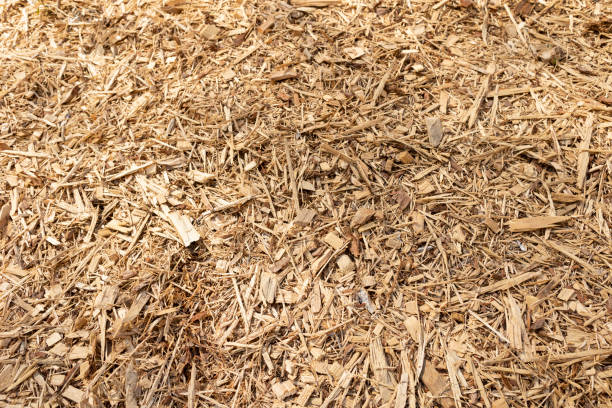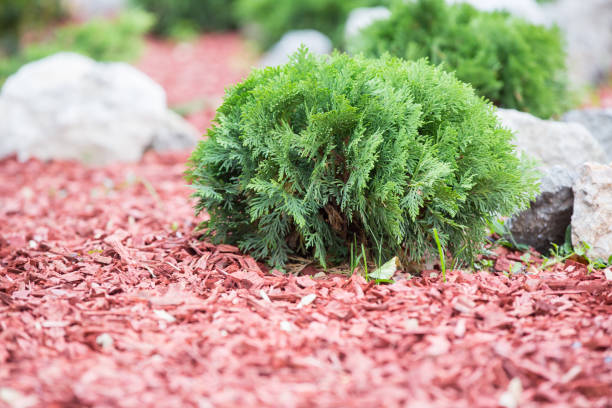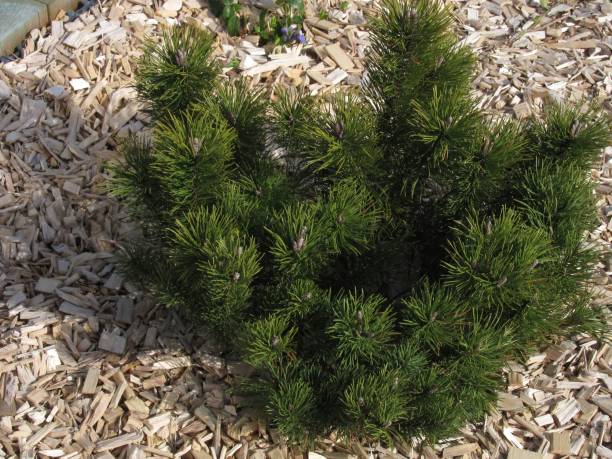A type of ground cover associated with moist retaining is surely the garden hack you need this upcoming warm season. Let’s explore both the pros and cons of using cypress mulch.
What is cypress mulch?
Cypress mulch is a type of ground cover used in landscape gardening to retain soil moisture, control weeds and enhance the aesthetics of your garden. Made from shredded wood of cypress trees, these deciduous trees have made cypress mulch sought after.
Cypress mulch is favoured for its long-lasting, rot-resistant, and natural fragrance properties, attracting gardeners to use it. Like most garden mulches, cypress mulch has its pros and cons.

Image Credit: Pexels
Pros of cypress mulch
If you are looking for organic mulch cypress mulch is the way to go.
- Soil moisture retention: Cypress mulch can retain soil moisture and help regulate the soil temperature. This helps prevent moisture in the soil from evaporating and drying out quickly, reducing the amount of watering. The mulch makes it an ideal choice for plants and flowers, during hot summers.
- Suppresses weeds: It prevents weeds from growing by blocking the light weeds need to germinate.
- Rot-resistant: The mulch is naturally rot-resistant because of its bark and wood properties, meaning it won’t deteriorate quickly when exposed to moisture and humidity.
- Long-lasting: Cypress mulch is known for its durability and ability to last. This type of mulch has a slow decomposition rate, meaning it won’t need to be replaced as frequently.
- Natural fragrance: Since the mulch is shredded wood, it has a natural, woody smell that can be appealing. This scent can enhance the overall ambience of a garden and may even help to repel certain pests. It can also give your garden a neat, manicured look.
Cons of cypress mulch
The decision to use cypress mulch should be based on careful considerations.
- Environmental impact: Harvesting cypress trees for mulch use may have environmental concerns. The removal of large numbers of cypress trees can hurt their local ecosystems.
- Cost: One of the major drawbacks of cypress mulch is that it can be more expensive than other types of mulch. This is because cypress trees are a slow-growing species and the mulch is made from the more durable and rot-resistant portions of the trees.
- Availability: Depending on your location, cypress mulch may be more difficult to find and purchase than other types of mulch, making it more challenging to obtain.

Image Credit: Unsplash
ALSO SEE:
Feature Image: Unsplash


